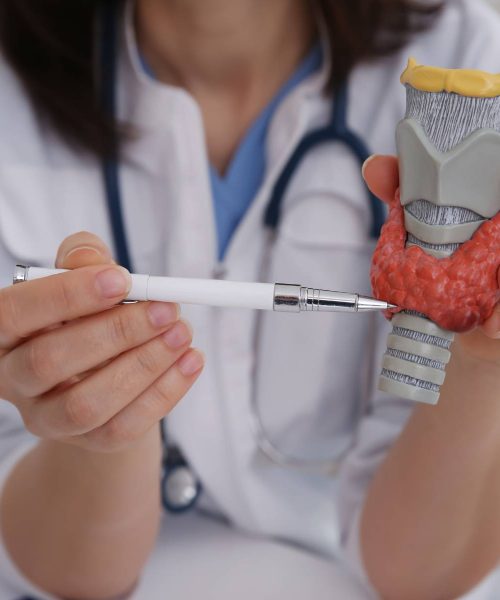Bulimia, an eating disorder characterized by episodes of binge eating followed by purging, can have severe consequences on one’s physical and mental well-being. From the damaging effects on teeth and mouth to nutritional deficiencies and emotional struggles, it is essential to understand the implications of bulimia and seek appropriate help for recovery. In this article, we delve into the effects of bulimia and emphasize the importance of professional support in overcoming this disorder.
The Effects of Bulimia on Teeth and Mouth
One of the most noticeable effects of bulimia is its impact on oral health. Purging through vomiting exposes the teeth and mouth to stomach acid, which gradually erodes the protective enamel. This erosion can lead to tooth sensitivity, discoloration, and increased risk of cavities. Additionally, gum infections and sores may develop, causing discomfort and potential complications. The repeated exposure of the esophagus to stomach acid can also result in heartburn and irritation.
Nutritional Consequences and Dehydration
Bulimia disrupts the balance of proper nutrition, as individuals often engage in cycles of binge eating followed by purging or the use of laxatives. These behaviors can lead to malnutrition and deficiencies in essential minerals and vitamins. Chronic kidney problems may arise due to these deficiencies, and in severe cases, kidney failure may occur. Moreover, the purging process and inadequate fluid intake can result in dehydration, affecting the body’s electrolyte levels and potentially leading to irregular heartbeats or other cardiovascular issues.
Emotional Impact and the Need for Support
Beyond the physical effects, bulimia takes a toll on one’s emotional well-being. Individuals struggling with bulimia often experience low self-esteem and lack of self-confidence. These feelings of inadequacy can contribute to depression and anxiety. Moreover, the impact of bulimia extends beyond the individual to those close to them, causing concern and emotional distress for loved ones.
Seeking Professional Help for Recovery
Recognizing the need for help and seeking professional support is crucial for individuals with bulimia. It is essential to gather information and reach out to qualified healthcare professionals who specialize in eating disorders. Every individual’s journey to recovery is unique, and the appropriate treatment plan can be determined through comprehensive assessments and personalized care.
Treatment options for bulimia may include therapy, such as cognitive-behavioral therapy (CBT) or interpersonal psychotherapy (IPT), to address the underlying emotional factors and develop healthier coping mechanisms. Nutritional counseling and guidance from registered dietitians can help restore a balanced approach to eating and support overall well-being. In some cases, medication may be prescribed to manage associated mental health conditions.
Rebuilding Self-Confidence and Promoting Positive Relationships
Recovery from bulimia requires professional assistance and a commitment to self-care. Developing self-confidence and cultivating positive self-esteem are crucial aspects of overcoming the disorder. By working closely with healthcare professionals and engaging in therapy, individuals can address the underlying issues contributing to bulimia and build a foundation of resilience and self-acceptance.
It is important to remember that recovery is a journey, and support from loved ones is invaluable. Creating a network of understanding and compassionate individuals who can provide emotional support can greatly enhance the recovery process.







